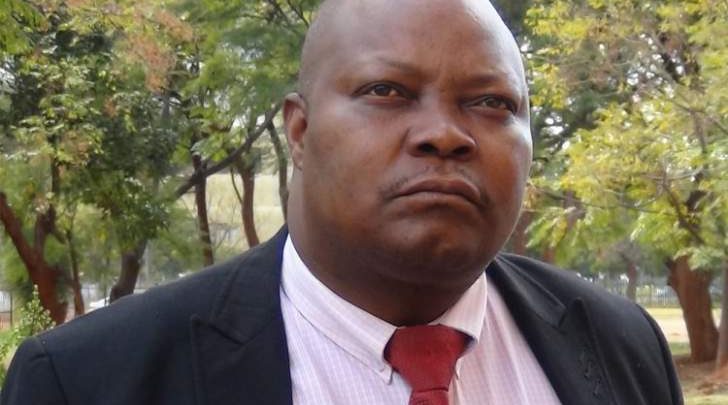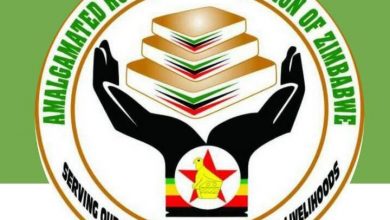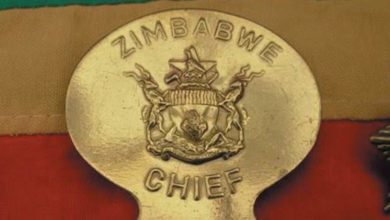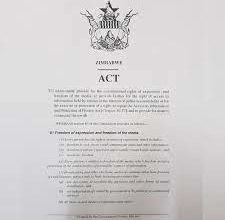Mnangagwa should not intervene in Sikhala’s case: Coltart

Citizens Coalition for Change (CCC) interim treasurer-general, David Coltart, has said President Emmerson Mnangagwa should not intervene in the court case involving Zengeza West legislator Job Sikhala.
The State has been refusing to grant bail to Sikhala and other party members arrested for the Nyatsime violence including CCC’s Chitungwiza North MP Godfrey Sithole who have been languishing in remand since June.
The State alleges that the MPs incited violence in Nyatsime and obstructed the course of justice after the brutal murder of CCC activist Moreblessing Ali by a suspected ZANU-PF activist Pius Mukandi “alias Jamba”.
The fourteen CCC activists were also arrested after violence erupted in Nyatsime, which resulted in houses being burnt.
Recently National Constitutional Assembly (NCA) leader Lovemore Madhuku suggested that CCC should engage the ruling ZANU-PF party in dialogue to facilitate the release of Sikhala and his co-accused, adding that would be the only way they could taste freedom.
There was, however, a huge backlash with many Zimbabweans describing the NCA leader’s comments as outrageous and inconsistent with the rule of law and separation of powers.
Coltart, a legal practitioner, on his Twitter account said he was also of the view that Mnangagwa should have nothing to do with the Sikhala case.
“As hard as this may appear, I do not want Mr. Mnangagwa to intervene in Job Sikhala and the Nyatsime case because that would itself breach the rule of law,” said Coltart.
“Our Courts must apply the law justly in terms of the Constitution, which they have not done to date.”
Coltart further explained: “When I said that Mnangagwa should not get involved in directing the courts to release my friend Job Sikhala the converse also applies. It is clear that the Executive is involved in the Judiciary in determining who should get bail and who should not. Judges must be independent. The reality of Zimbabwe is that there are no longer 3 arms of government, only two, Parliament and the Executive. The Judiciary is no longer recognisable as an independent arm of government in Zimbabwe. It has been swallowed by the Executive and is now part and parcel of it.”






